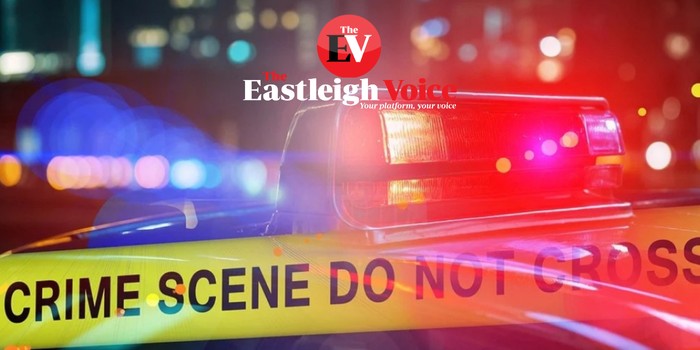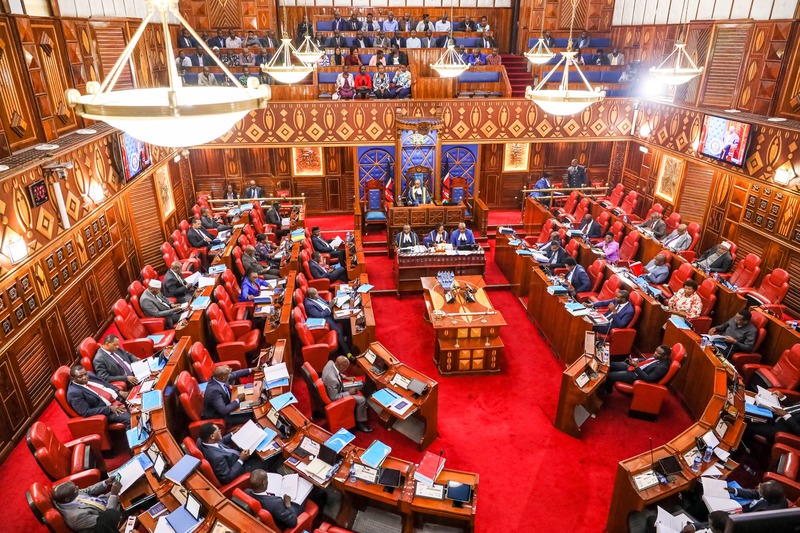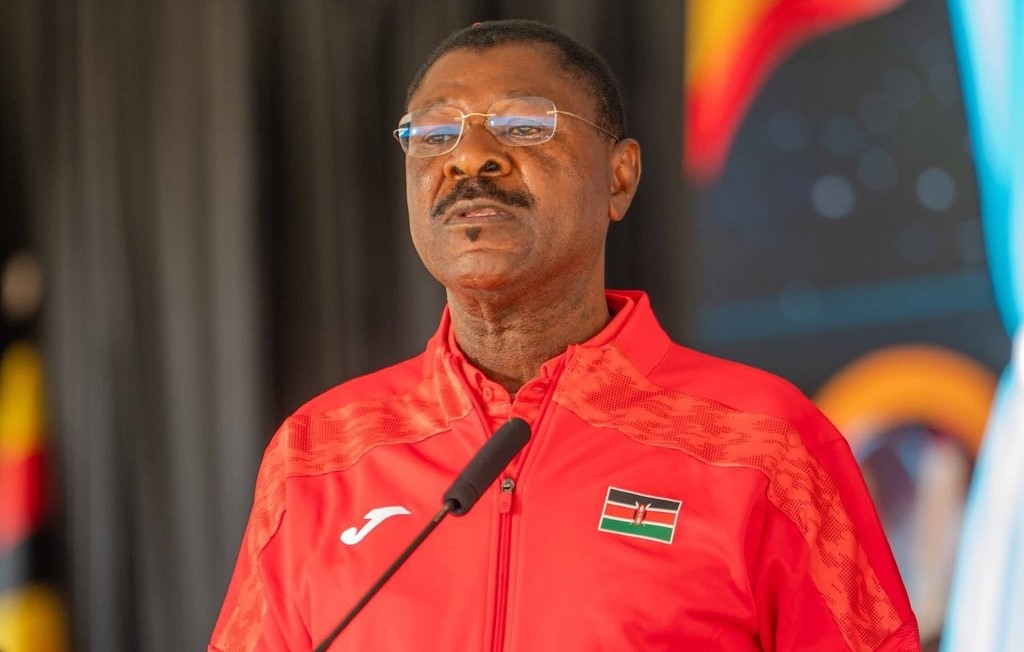Calls for proper recognition of Rwanda 1994 genocide against Tutsis made at Kwibuka forum

Nderitu stressed that the violence specifically targeted the Tutsi community, along with moderate Hutus and UN peacekeepers, highlighting the need for respectful and precise acknowledgment of the true nature of the tragedy.
As the world marks 31 years since the 1994 genocide against the Tutsi in Rwanda, Alice Wairimu Nderitu, former United Nations Special Adviser on the Prevention of Genocide, has urged that the atrocity be correctly referred to as the genocide against the Tutsi, rather than the commonly used term "Rwandan genocide."
Nderitu stressed that the violence specifically targeted the Tutsi community, along with moderate Hutus and UN peacekeepers, highlighting the need for respectful and precise acknowledgment of the true nature of the tragedy.
More To Read
- Court quashes revocation of refugee status for Rwandan accused of 1994 genocide
- Rwanda marks Liberation Day, praises Kenya for decades of support
- US arrests Rwandan genocide fugitive Vincent Nzigiyimfura after years on the run
- Rwanda’s UN envoy makes case for registry on international criminal matters
- Why genocide convict Twagirayezu will serve 20-year sentence in Denmark
- Rwandan refugees return home as M23 offensive escalates in eastern Congo, says UNHCR
The Kwibuka International Conference—with Kwibuka meaning “remember” in Kinyarwanda—was held on April 6 under the theme: “When Never Again Fails: Continuation of the Genocide Ideology.”
Speaking at the event in Kigali, Nderitu underlined the importance of using accurate terminology when referring to the genocide.
“It is vital to acknowledge that the genocide of 1994 in Rwanda was specifically aimed at the Tutsi community. The United Nations General Assembly named it the ‘genocide against the Tutsi in Rwanda.’ If you continue to refer to it as the ‘Rwandan genocide,’ you are inadvertently adopting the language of the perpetrators and deniers,” she said.
“If the Tutsi were not targeted for destruction, then no Hutu moderates or peacekeepers would have been killed. They were murdered because they stood in the way of the complete annihilation of the Tutsi community. Let’s call what happened what happened,” she added.
Nderitu also addressed the ongoing threat of genocide ideology, noting that it has transcended Rwanda’s borders and requires a global response.
“In terms of genocide ideology, we know for a fact that people who have been targeted before are three times more likely to be targeted again. This is why we continue to see targeted killings in the Democratic Republic of Congo to this day,” she stated.
As the world marks the 31st anniversary of the Tutsi genocide in Rwanda, Alice Wairimu Nderitu, former UN Special Adviser on Genocide Prevention, has urged the tragedy to be referred to by its proper name—the Genocide Against the Tutsi—rather than the "Rwandan genocide."
— The Eastleigh Voice (@Eastleighvoice) April 7, 2025
She… pic.twitter.com/EUKS8mpR0k
Dr Florida Kabasinga, a former prosecutor at the International Criminal Tribunal for Rwanda (ICTR), also spoke at the conference. She condemned the deliberate use of rhetoric by genocide ideologues, warning that such narratives are crafted to mislead, confuse, and distort historical truth.
Kabasinga stressed that genocide denial is the final phase in a continuum of violence, following a process that includes classification, symbolisation, discrimination, dehumanisation, organisation, polarisation, preparation, persecution, and extermination.
She described denial as a deliberate effort to erase historical truth and prevent future generations from understanding the full scale of the atrocities committed.
Jean Damascene Bizimana, Rwanda’s Minister of National Unity and Civic Engagement, echoed similar sentiments and criticised the international community’s silence regarding ongoing violence in the DRC.
He linked the current situation in eastern Congo to the colonial history of Rwanda, arguing that Belgian colonialism contributed significantly to the conditions that led to the 1994 genocide by destroying the shared identity of the Banyarwanda people.
“If there had not been European interference in Rwanda—and in Africa in general—we would not be holding a conference like this on a genocide that took away more than a million people, all killed for who they were,” said Bizimana.
Top Stories Today















































